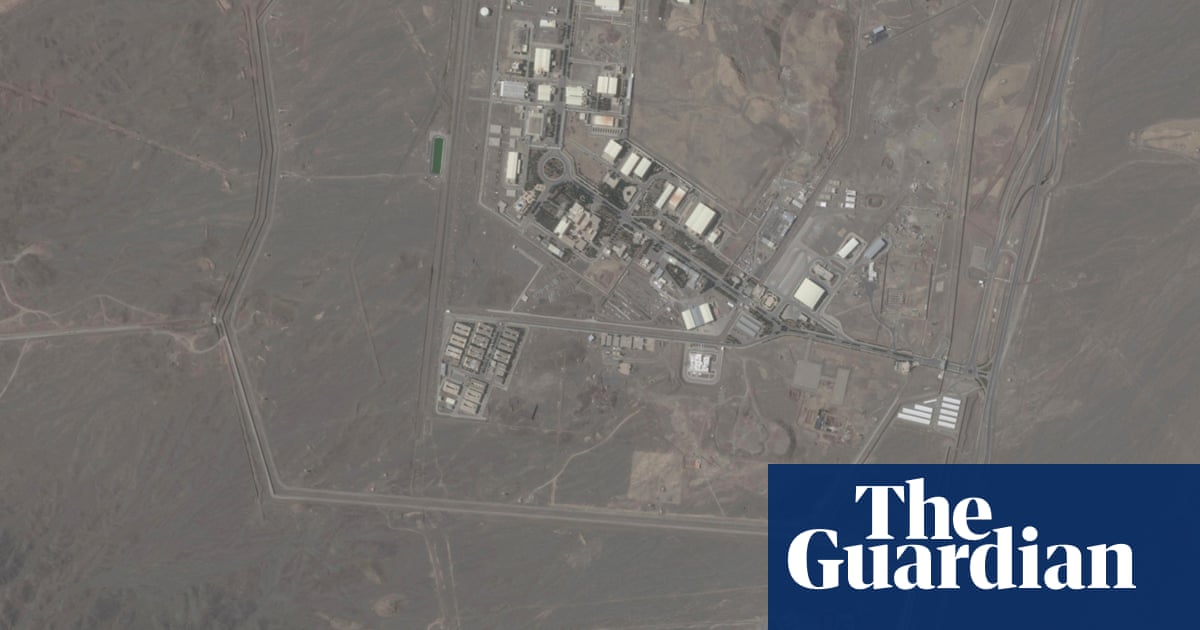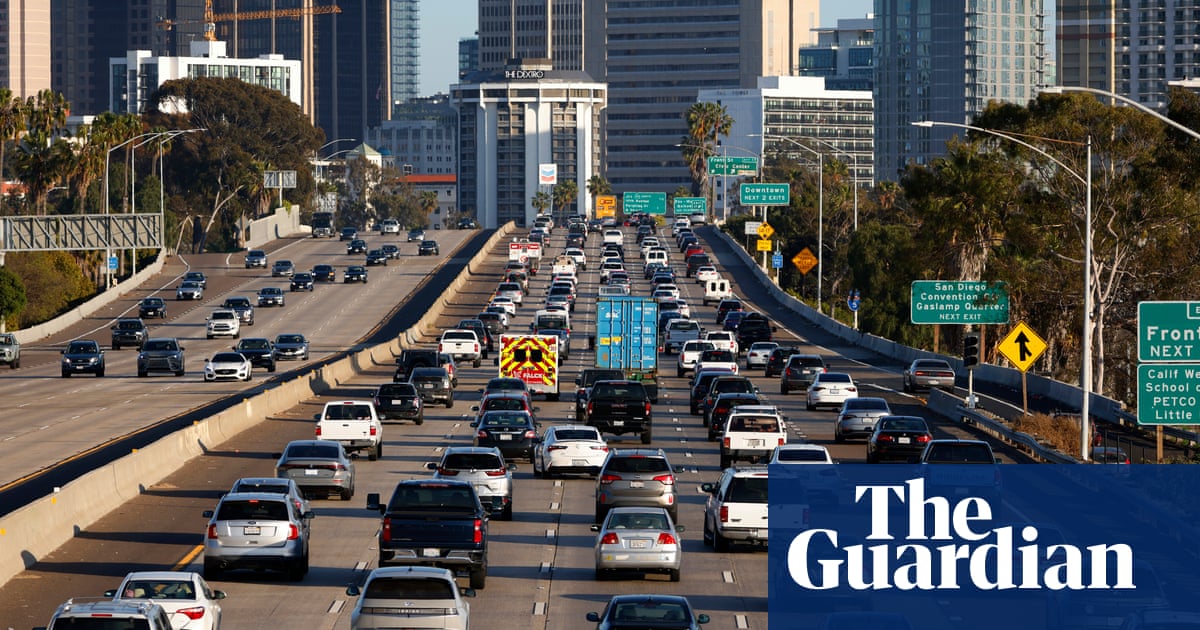Brexit’s ghost haunts a Labour spending review intended to lay the foundations for a second term. Its headlines echo the twin themes of the referendum campaign: control immigration, fund the NHS. The chancellor, Rachel Reeves, said she would end the use of hotels for asylum seekers “in this parliament” saving £1bn a year, while NHS spending will rise by 3% a year. Ms Reeves framed it as a politics of security and compassion. Yet it reads as Brexit’s populist promises, filtered through Westminster orthodoxy.
The risk is that this is all slogan and very little solution. The asylum savings are speculative, and the annual increase in NHS budgets is below its historical average. There are also real-terms cuts or essentially flat budgets for key departments such as transport, education and local government. The Home Office faces cuts deeper than asylum savings alone, prompting alarm from police and the London mayor, Sadiq Khan.
Plainly, what looks good today for the chancellor may feel insufficient tomorrow on hospital wards, high streets or in the classroom. The everyday experience of voters will shape their judgment. That is why there were nods from Ms Reeves to cost-of-living pressures by keeping the cap on bus fares and the insistence that police and council funding would see “spending power” rises. Despite negative briefing, Ed Miliband secured significant wins in the review, notably protecting the £13bn Warm Homes insulation scheme and cementing his influence over the GB Energy agenda, while bolstering the UK’s net‑zero energy strategy.
Ms Reeves shrewdly tightened belts and loosened seams. Britain, under Labour, will be a place where “every pound is spent wisely” while billions in capital investment would level up the country. This is down to a welcome change in the fiscal rules brought in by the chancellor last October that allows more room for such investment. That shift enables the fanfare of the review: the nuclear reactors, the affordable housing and the new Manchester-to-Liverpool railway.
What has not changed is the government’s rule that says its current budget must be in surplus by the end of the forecast. This restricts the state’s day-to-day spending and – despite being relaxed next year – leads to real-terms cuts in departments as well as curbing options to directly boost household income. The spending review is a bet that infrastructure spending will lead to higher productivity. But it lacks the demand-side fuel to make these projects generate inclusive growth within this parliament. That makes it harder to hit the government’s economic mission milestone of higher disposable household income and GDP per capita.
Ms Reeves will probably have to raise taxes to meet her fiscal rules, not least because the government’s promises keep stacking up and money needs to be found to restore winter fuel payments and reconsider the two-child benefit cap. Yet neither the prime minister nor the chancellor dares to say it aloud. Higher taxes, especially on wealth, would be a good thing. These may become inevitable as Ms Reeves’ calculations rest upon £14bn of projected efficiency gains – as if cuts can be pain-free.
Political storytelling only goes so far when the effects of policy show up in threadbare services and flatlining household incomes. For all the investment, the worry must be voters see more drift than renewal. Without a shift in fiscal doctrine, Labour risks governing in prose while the public still waits for the poetry it was promised.

 1 day ago
11
1 day ago
11

















































